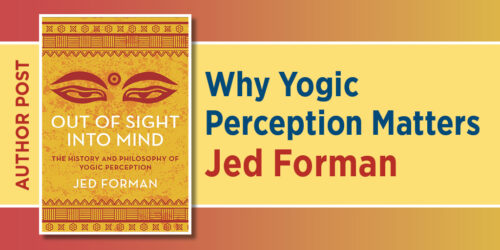Religious fundamentalism can only take hold in a modern society like our own
Rorotoko ran a great piece by William Egginton about his new book, In Defense of Religious Moderation, under the provocative headline above.
Egginton goes on to explain:
The current debate around religion in America has been dominated by fundamentalists and atheists.
The fundamentalists have managed to set a tone for political discourse in America in which no one can be elected without advertising his personal relation to God. The atheists, in turn, have disparaged religious belief in general as the root of all evil.
Neither of these positions adequately represents the beliefs of the majority of Americans: people who identify themselves as Christians, Jews, or Muslims without for a moment believing that those who believe differently are for that reason wrong.
Indeed, fundamentalists and atheists do not even represent truly opposing positions—unlike the moderately religious they are unified by their implicit belief in the code of codes.
Whether one is a fundamentalist does not depend on one’s commitment to a particular religious creed or, in fact, to any religion at all. Rather, fundamentalist thinking stems from an unconscious belief that the various codes we use to understand the world are all versions of a single, underlying master code, a code of codes that contains the ultimate truth of everything.
Given this understanding of how fundamentalism works, the best way to counter it is not to attack its religious manifestations with anti-religious doctrine. Instead, the most effective remedy for today’s rash of fundamentalist thinking is religious moderation.That is because moderate religious beliefs question the very idea of the code of codes as a possibility of human knowledge.
It is the moderately religious with their inherent skepticism of any single master code, in other words, who are best suited to protect science, politics, and all other individual codes of knowledge from being commandeered by the fundamentalist logic of the code of codes. By learning to break the code of codes, religious moderates can take a decisive step toward leaving behind the destructive fundamentalist tendencies that have plagued our times.
continue reading the rest of the essay here



